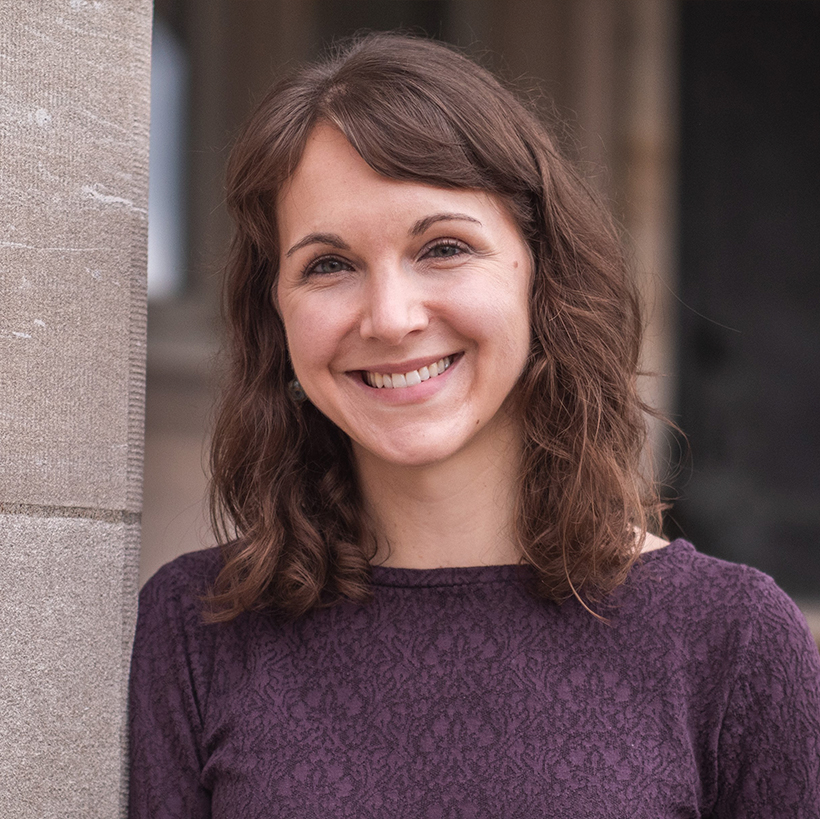Research Focus
The student researcher will join an interdisciplinary team studying the impacts of repeated floods on public health. This project will work closely with communities in flood-prone regions of Southwestern Illinois (about a 30-minute drive from campus) and the Mississippi Delta to test associations between household flooding, pathogen exposure in soil and tap water, and participant health outcomes. By combining community input with data on flooding, environmental microbes, and health outcomes, we aim to develop new tools to predict which areas face the highest risks and assist local residents in reducing flood-related health dangers. For this part of the project, the student researcher will assist with data collection from community members enrolled in the study. Survey data will be collected to learn about flooding experiences, health concerns, and resource access. Basic health metrics will also be collected (i.e., height, weight, blood pressure). Finally, biological samples will be collected (i.e., dried blood spots from a finger stick and a stool sample collected by the participant at home using a provided kit). These biological samples will be analyzed in the fall to measure various immune markers – to determine how the immune system responds to environmental conditions – and detect intestinal infections potentially spread through contaminated water. Data will be collected in Illinois and Mississippi; accommodations for the Mississippi visit will be provided. The student researcher will gain experience in community-engaged research methods, human subjects data collection, biospecimen handling, and interdisciplinary collaboration—important skills for careers in public health and environmental science.
Skills, Techniques, Methods
- Human subjects survey data collection
- Collecting participant height, weight, and blood pressure
- Assisting with biological samples collection (blood and stool)
- REDCap data entry (of survey data)
- Biological sampling handling, processing, and storing
- Community-engaged research methods and outreach strategies
Research Conditions
Data collection will begin ~9 am and last until ~3:30 pm in community centers at the field sites. After meeting with participants, the team will return to the Gildner lab on campus or the house where we are staying in Mississippi to process and store samples and finish by 5 pm. Both field sites are hot and humid in the summer, but we collect data indoors in temperature-controlled settings.
Team Structure and Opportunities
The research team is composed of the PI, a postdoctoral scholar, three graduate students, and two current undergraduate student researchers. We work collaboratively on data collection and lab work. Undergraduate students who contribute meaningfully to the project have the opportunity to develop independent projects with the PI using collected data. In the past, undergraduate researchers have presented their independent research at the annual Human Biology Association conference in the spring (or a similar professional conference).
Requirements
The student should be comfortable interacting with strangers and working on a team. The student will need to complete lab onboarding with the PI, as well as an online Laboratory Safety Training module on the WashU EH&S website. Additionally, they will need to complete the CITI basic human subjects module and be added to the WashU IRB. They will also be trained on the data collection procedures prior to the start of fieldwork.

Theresa Gildner
gildner@wustl.edu